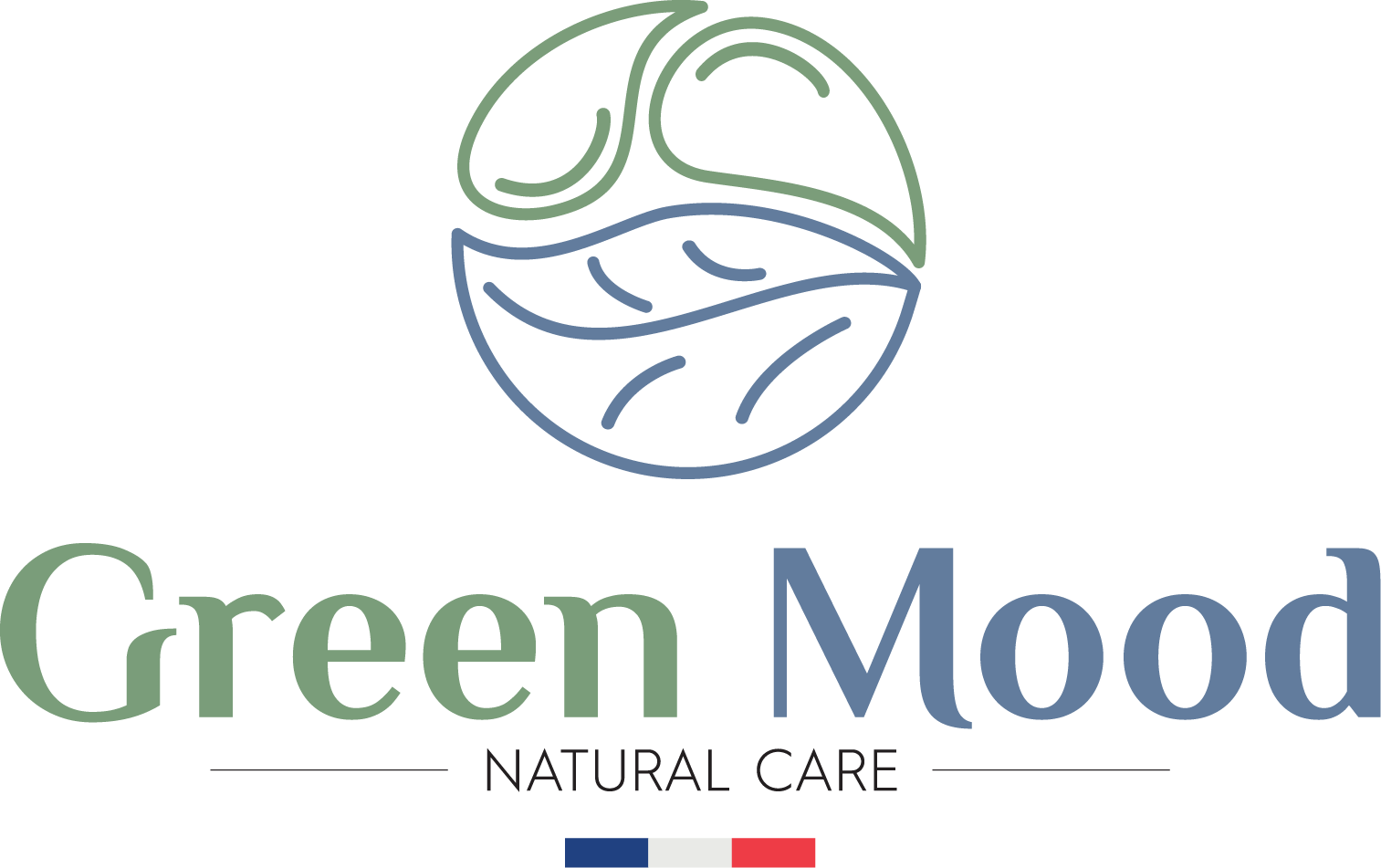In our daily quest to keep our homes clean and healthy, it’s essential to look into the products we use. Unfortunately, many conventional household cleaning products contain harmful ingredients, including endocrine disruptors, which can have a detrimental impact on our long-term health.
What are endocrine disruptors and where can they be found?
Endocrine disruptors are chemicals that can interfere with the body’s hormonal system, even at very low doses. Unfortunately, they are widespread in many household products, including all-purpose cleaners, laundry detergents, fabric softeners, and air fresheners. Some of the most common ingredients to watch out for are phthalates, parabens, alkylphenols, and triclosan.
Health risks
Exposure to endocrine disruptors has been associated with a multitude of concerning health issues. These substances can disrupt the hormonal balance of our bodies, which can have serious consequences for our long-term well-being. Among the most documented risks are reproductive disorders, such as infertility, congenital abnormalities, and reproductive system dysfunctions.
Moreover, some studies have shown links between exposure to endocrine disruptors and hormone-dependent cancers, such as breast, prostate, and testicular cancer. These substances can also impact neurological development, increasing the risk of neurological disorders in exposed children, such as attention deficit hyperactivity disorder (ADHD) and developmental disorders.
In addition to these major concerns, exposure to endocrine disruptors has also been associated with metabolic issues, including obesity and type 2 diabetes. These substances can disrupt metabolism regulation and contribute to the alarming rise in metabolic diseases observed in many modern societies.
Furthermore, it is important to emphasise that unborn children and young children are particularly vulnerable to the effects of endocrine disruptors. Exposure during pregnancy or in the early years of life can have lasting consequences on the health and development of the child, with effects that may manifest throughout life.
Faced with these potential health risks, it is imperative to take steps to limit our exposure to endocrine disruptors by choosing safe and eco-friendly household products, and by adopting cleaning practices accordingly.
How to avoid endocrine disruptors in household products?
The good news is that there are safe and eco-friendly alternatives to conventional household cleaning products. Opt for products labelled as ecological and carrying certifications such as Ecocert or Ecogarantie (read our article on different ecological labels here). Look for natural ingredients and avoid products containing synthetic fragrances, artificial colours, preservatives, and petrochemicals. Additionally, here are the main families of chemical compounds likely to disrupt the hormonal system and thus should be avoided in your home: alkylphenols, phthalates (especially found in fragrances), and pesticides (insecticides, fungicides, bactericides, etc.).
Tips to reduce exposure to endocrine disruptors
In addition to choosing safe cleaning products, there are other measures you can take to reduce your exposure to endocrine disruptors:
- Ventilate spaces well when using household products.
- Use rubber gloves to protect your skin (especially if using conventional products).
- Prefer certified eco-detergents or natural cleaning solutions based on vinegar, baking soda, and Marseille soap.
- Limit the use of scented products and opt for unscented alternatives. If you want your home to smell good, you can use essential oils diffusers for a few minutes. Be sure to inquire about the type of essential oils you are using as some are not recommended for this use, especially if you have children.
- Pay attention to packaging and choose products in recyclable containers.
In conclusion, protecting your health and that of your family starts with conscious choices regarding household products. By opting for certified ecological products and avoiding endocrine disruptors, you contribute to creating a healthier and safer environment for everyone.
To discover our range of ecological and certified household products, click here.

